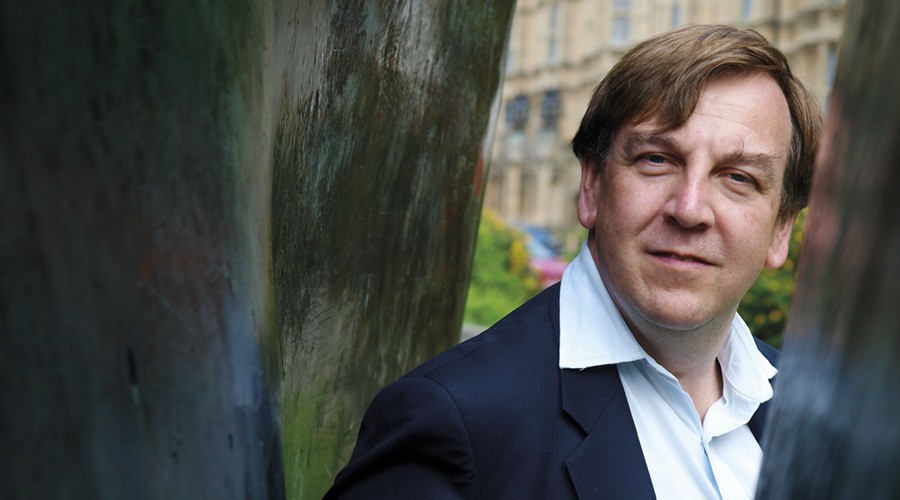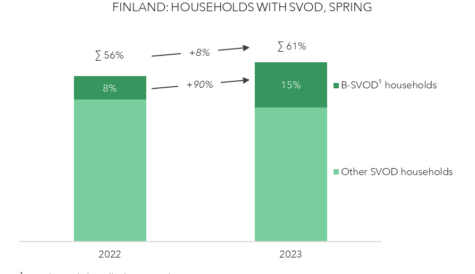
After more than 40 years of operation, DTVE is closing its doors and our website will no longer be updated daily. Thank you for all of your support.
Government mulls Ofcom regulation for Netflix and other streamers
Tensions between the UK government and Netflix appear to be approaching an all time high, with a culture minister suggesting that the streamer could be brought under Ofcom regulation.
The starting point for this dispute stems from the release of the latest season of The Crown, with culture secretary Oliver Dowden saying that Netflix should add a ‘health warning’ to show that the show is fictitious. Netflix rebuffed this suggestion, and said that “we have always presented The Crown as a drama.”
Speaking to the Digital, Culture, Media and Sport (DCMS) select committee on Tuesday John Whittingdale, the minister for media and data, pointed out that UK-based broadcasters are “subject to quite stringent requirements” while VOD services like Netflix “are subject to virtually no regulatory requirements at all.”
He said that the government “might well think about” adding “some kind of basic requirements” for on-demand video services.
The MP was reluctant to make any more concrete demands but said: “I wouldn’t put it any stronger than that at this stage but there is a very glaring difference between what is quite a strongly-regulated sector and the services which are really subject to no regulation at all.”
Whittingdale also spoke about the BBC, following Ofcom’s inflammatory report which said that pubcasters in the UK are “unlikely to survive” without reform to the country’s broadcasting laws and regulations. Part of that report also opened the door for reform of the BBC’s funding model, suggesting that a shift from a licence fee to a full or part subscription model could be more stable.
The licence fee is part of the BBC’s charter until at least 2027, but the MP said that “I suspect that eventually, we will need to look at alternative methods of funding the BBC.”
He said that the “justification that everybody benefits from paying it because everybody benefited from the BBC is still largely the case, but that will diminish over time.”
While the government is still unrelenting in its mission to reform the licence fee, it may be rolling back on its plans to decriminalise non-payment, Whittingdale said. The MP noted that decriminising non-payment is a “more complicated matter than was originally perhaps suggested” and that it would bring “potential negatives”.




